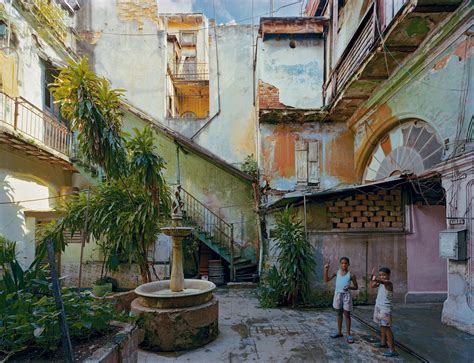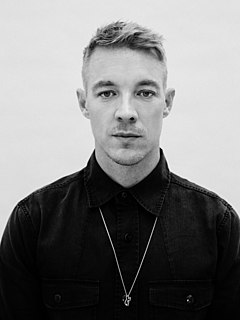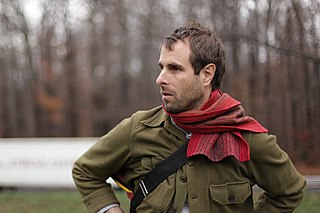A Quote by Robert Polidori
I'm not a believer in the future. The most interesting things are always behind us. I look at everything as archaeology.
Related Quotes
Archaeology in general is the recovery and study of the material culture of past civilizations. Biblical archaeology is as an application of the science of archaeology to the field of biblical studies. Through the comparison and integration of Scripture with the evidence of history and culture derived from archaeology, new insights into the biblical context of people and events, and sometimes the interpretation of the text itself, are possible. In this way archaeology serves as a necessary tool for biblical exegesis and for apologetic concerns.
I've never been very interested in literary narrative in movies, it always seems an obligatory trait and the least interesting of all the things film can do. It forces us to look through the thing instead of at it, it teaches us to ignore our senses and look for meaning outside the immediate world of our experience.
Most of the things at the zoo don't look like us. We're one design that works. Our chimp pals sort of look like us, so that's a different take on the same basic design. But fish don't look like us, and giraffes don't. They look a little like us, but not too much. And insects certainly don't look like us, and they work just fine.
Everything is in constant flux on this earth. Nothing keeps the same unchanging shape, and our affections, being attached to things outside us, necessarily change and pass away as they do. Always out ahead of us or lagging behind, they recall a past which is gone or anticipate a future which may never come into being; there is nothing solid there for the heart to attach itself to. Thus our earthly joys are almost without exception the creatures of a moment.




































